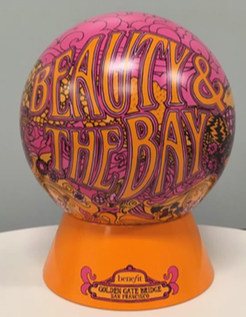New USPTO Requirement: U.S. Licensed Attorney Representation for Foreign Trademark Applications and Registrations
On Tuesday July 2, 2019, the United States Patent and Trademark Office (USPTO) issued new Rules and Regulations under Title 37 of the Code of Federal Regulations (CFR) Parts 2, 7, and 11. They take effect on Saturday August 3, 2019.
The impact of the rule, as implemented, is a new requirement for a licensed U.S. attorney to serve as counsel for applicants, registrants, or parties to a trademark proceeding whose domicile is not located within the United States (i.e. foreign applicants, registrants, or parties). Previously, a substantial number of such trademark applications had been filed without a U.S. attorney by applicants domiciled in other jurisdictions.
Read More

